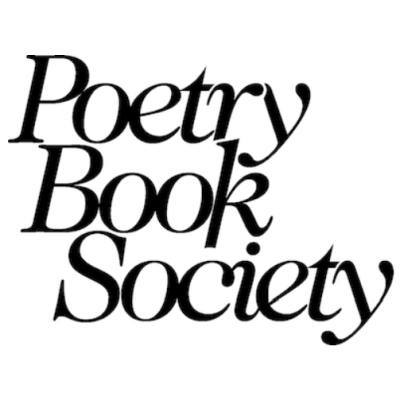Our work experience student Rachel from St Thomas More, Blaydon is studying Sylvia Plath and Ted Hughes at A Level, analysing and comparing them in detail, whilst linking them to the time period and context in which they were written, and really connected with After Sylvia published this year by Nine Arches Press. Here’s her brilliant review:
After Sylvia is a celebration of Sylvia Plath and her works to honour 90 years since her birth. This is a skilful collection created through the individual voices of many poets including Moniza Alvi, Romalyn Ante, Mona Arshi and Polly Atkin, who felt inspired and moved by Plath through her imaginative and unique poetic voice. It is known that Sylvia Plath used her voice to challenge society and the expectations they laid out before her but, in this book, she too is challenged at times, as the writers delve deeply into her works and the meanings they’ve found in them.
Many of the poems in this collection are about feeling alone and an outsider, a theme that Plath frequently refers to in her works. This particular theme is very important in this new collection, although the world has improved and become more accepting since Plath’s lifetime, it must not be forgotten that there are still so many people facing prejudice and injustice, as portrayed in the poem ‘Swarm’ by Pascale Petit. Just as Plath’s work did, these poets use their voices to reach out to people who may feel different and it does this to represent that there is a community of others, who share their concerns, bringing to light why Plath’s work is still so relevant today.
Another theme prominent in Plath’s work, which is heavily present in After Sylvia, is the theme of womanhood and the influence that gender roles still play now. Plath felt obligated to become the woman that she was told she must be and that brought a lot of pain and suffering in her life. In such poems as ‘My Life as a Tulip’ by Sally Baker, the poets in this collection bring to light that, today, women as well as men, feel similar pressures from society to fulfil the role that they are told they must play, despite their inner identities desperate to be themselves in a conformist world.
As well as this, After Sylvia contains a few poems relating to Sylvia Plath herself as well as her life and the hardships she faced. In poems, such as ‘Ashes and Dust’ by Ruth Fainlight, Plath’s life is laid out and her death is questioned, as well as the pressures and silencing she faced, leading up to it. By highlighting her mental health struggles, the reader is forced to wonder about the relevance of these in the modern world, leading to unanswerable questions about whether or not the world has really changed for the better since 1963.
After Sylvia is an intriguing book of well-established writers and poets who aim to share their thoughts and experiences of Plath’s works, in a new and innovative way. It is an exquisite read for all those readers who too have their own experiences with her, and want to revive their interest through this modern take of poems inspired by the great legacy of Sylvia Plath.
